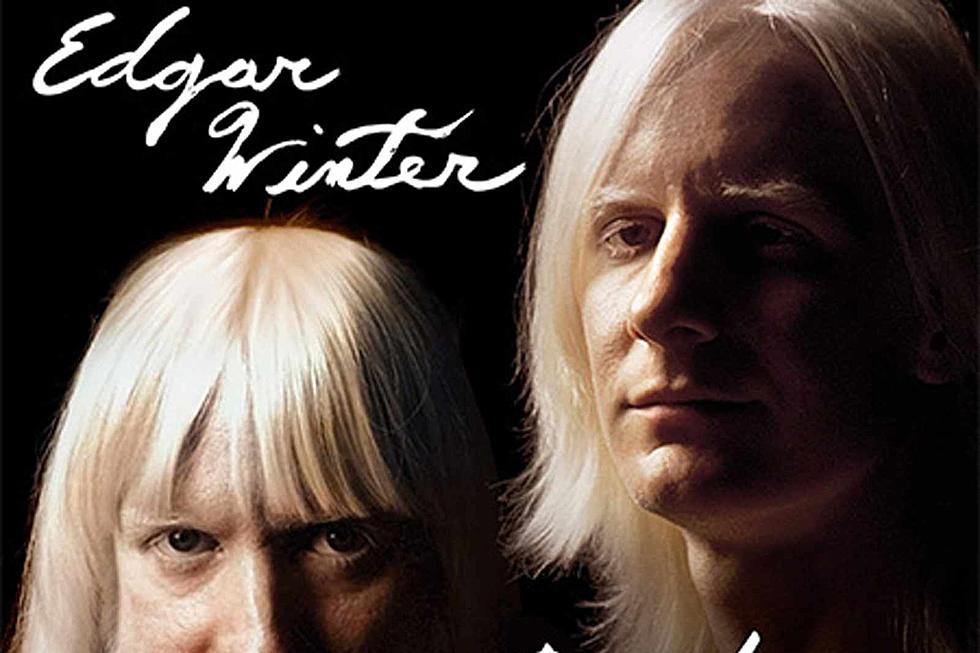
The Night Ex-Edgar Winter Drummer Bobby Ramirez Was Killed
From shady promoters to missed flights, a million things can go wrong when a band's on the road. They went awry in the worst way for former Edgar Winter Band drummer Bobby Ramirez, who was beaten to death on July 24, 1972 after a nightclub altercation.
At the time, Ramirez was touring as a member of LaCroix, the band founded by his fellow Winter vet Jerry LaCroix after they'd departed Winter's White Trash combo. Promoting their self-titled 1972 debut, the group teamed up with Uriah Heep for a series of dates, leading to the show that found them in Chicago on the fateful date that Ramirez's life ended.
The city's Rush Street was "where the action was," as LaCroix later told Swampland, so they headed out to see some friends performing with the all-female rock band Birtha hoping to blow off some steam after "a great night." Ramirez excused himself to use the bathroom following their set, at which point all hell broke loose.
"Our road manager came back upstairs and anxiously reported that Bobby had had an altercation in the bathroom. I ran downstairs to find out what was happening. Bobby told me that while he was standing over the urinal, the guy next to him made a comment about his long hair. Mind you, we are in the longhair part of town in Chicago!" LaCroix recalled. "Evidently, Bobby said something back to the guy – who, by the way, was also of Mexican descent – who then struck a blow to Bobby’s cheek which drew blood. By the time I got downstairs, everyone was standing in the middle of the dance floor."
Although that standoff was ultimately defused, Ramirez insisted on calling the police — a demand the club manager reportedly refused to comply with. Unwilling to simply, as LaCroix put it, "blow it off," Ramirez left the building looking for his assailant, and tragically found more than he could handle.
"I shouted, ‘Come on, Bobby, let’s go,’ but he went around the corner and down the block. When I got to the corner, I saw him halfway down the street when someone came running out of the alley and attacked. I ran to his assistance when another person came out of the alley and grabbed me by the hair and said, ‘Oh, you want some, too,’ and commenced kicking me repeatedly between the eyes with pointed shoes," LaCroix added. "I was of absolutely no help. I’d never been in a fight in my life. I went down. When I recovered a little, they were gone and our road manager was there on his knees with Bobby’s bloody head in his arms."
The incident — just one example of the occasionally violent tension between sides in the culture war of the era — was initially little more than a footnote in the music trades: Billboard simply reported that Ramirez was "beaten up by two anti-longhairs." Still, it had a major impact on LaCroix, both personally and professionally. After years of playing with his close friend, he found it impossible to replace Ramirez in the lineup, and the band folded after putting out one more LP.
"Bobby started playing with me when he was 11 and I was 14. He could like read my mind and everybody else's too. He was the greatest drummer in the world," LaCroix later remembered. "When he died, the spirit of the band died, too. We tried to carry on a little while, but it was just too hard."
LaCroix ultimately took a long hiatus from making music for a living, but remained a well-respected member of the Gulf Coast rock community. He eventually returned to performing during the last years of his life, before succumbing to complications related to congestive heart failure in 2014.
He said Ramirez's death never stopped haunting him: "There’s hardly a day goes by when I don’t think about dear Bobby, and what thousand things I could have done differently."




